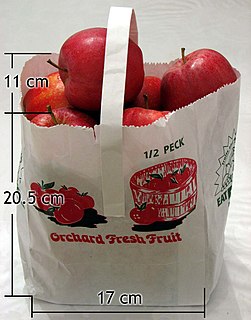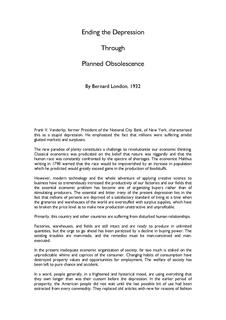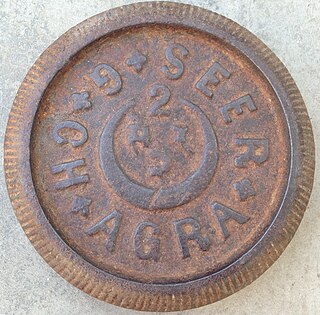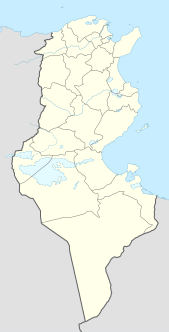
A nautical mile is a unit of measurement used in both air and marine navigation, and for the definition of territorial waters. Historically, it was defined as one minute of a degree of latitude. Today it is defined as exactly 1852 metres. The derived unit of speed is the knot, one nautical mile per hour.

A peck is an imperial and United States customary unit of dry volume, equivalent to 2 dry gallons or 8 dry quarts or 16 dry pints. Two pecks make a kenning (obsolete), and four pecks make a bushel. Although the peck is no longer widely used, some produce, such as apples, is still often sold by the peck. Despite being referenced in the well-known Peter Piper tongue twister, pickled peppers are so rarely sold by the peck that any association between pickled peppers and the peck unit of measurement is considered humorous in nature.
In the metric system, a microgram or microgramme is a unit of mass equal to one millionth of a gram. The unit symbol is μg according to the International System of Units. In μg the prefix symbol for micro- is the Greek letter μ (Mu).

Obsolescence is the state of being which occurs when an object, service, or practice is no longer wanted even though it may still be in good working order; however, the international standard EN62402 Obsolescence Management - Application Guide defines Obsolescence as being the "transition from availability of products by the original manufacturer or supplier to unavailability". Obsolescence frequently occurs because a replacement has become available that has, in sum, more advantages compared to the disadvantages incurred by maintaining or repairing the original. Obsolete also refers to something that is already disused or discarded, or antiquated. Typically, obsolescence is preceded by a gradual decline in popularity.
The design life of a component or product is the period of time during which the item is expected by its designers to work within its specified parameters; in other words, the life expectancy of the item. It is the length of time between placement into service of a single item and that item's onset of wearout.
A lot is an old unit of weight used in many European countries since the Middle Ages until the beginning of the 20th century. Most often it was defined as either 1⁄30 or 1⁄32 of a pound. Recorded values range from 10 to 50 grams.
The obsolete Finnish units of measurement consist mostly of a variety of units traditionally used in Finland that are similar to those that were traditionally used in other countries and are still used in the United Kingdom and the United States.
In Pegu, Burma, the abucco was a unit of mass used for gold and silver. It was approximately 196.44 grams or 6.316 troy ounces.
A passeree is an obsolete unit of mass used in Bengal that approximately equalled 4.677 kg (10.3 lb). Five seers made up one passeree. After metrication in the mid-20th century, the unit became obsolete.
A kula is an obsolete unit of measurement.
An adowlie is an obsolete unit of dry volume and mass formerly used in western India a standard measurement for grain and salt.
A marabba is an obsolete unit of area in India and Pakistan approximately equal to 25 acres, (10.117 hectares). After metrification by both countries in the 20th century, the unit became obsolete.
A tank is an obsolete unit of mass in India approximately equal to 4.4 g (69 gr). After metrication in the mid-20th century, the unit became obsolete.

A ser is an obsolete unit of dry volume in India. In 1871 it was defined as being exactly 1 litre (1.06 quarts). After metrication in the mid-20th century, the unit became obsolete.
A bamboo is an obsolete unit of length in India and Myanmar.
Early Irish law texts record a wide variety of units of measurement, organised into various systems. These were used from Early Christian Ireland or perhaps earlier, before being displaced by Irish measure from the 16th century onward.

Korba Airfield is an abandoned military airfield in Tunisia, located about 3 km west of Hamadet Bir Messaouda in Nabul province; 13 km north of Korbra, and 60 km east-southeast of Tunis.

A warrant officer (WO) in the British Armed Forces is a member of the highest group of non-commissioned ranks, holding the Queen's warrant, which is signed by the Secretary of State for Defence. Warrant officers are not saluted as they do not hold the Queen's Commission, however they are to be addressed as 'Sir/Ma'am' by subordinates. Commissioned officers may address warrant officers either by their appointment or as "Mister", "Mrs", or "Ms" and then their last name, e.g. "Mr Smith". Although often referred to along with non-commissioned officers (NCOs), they are not NCOs, but members of a separate group, although all have been promoted from NCO rank.






